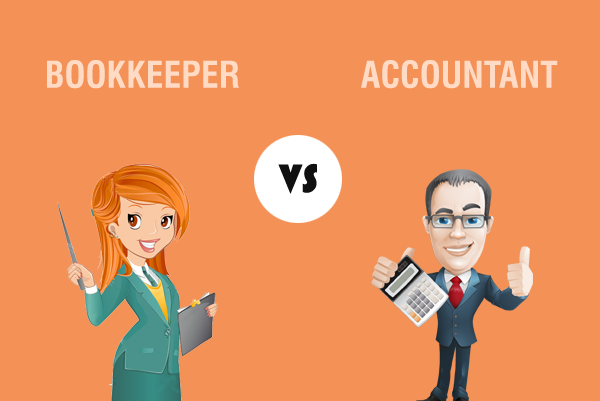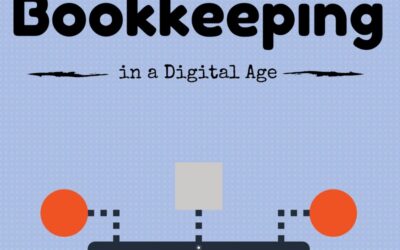Difference between a bookkeeper and accountant

A question we are asked a lot is whether both a bookkeeper and an accountant are needed or if they do the same thing. The answer is that yes bookkeepers and accountants both work on the accounts of the business however their roles are very different and if you are not comfortable with completing the bookkeeping of your business yourself than it is ideal to engage the services of both.
So what are the differences between them?
Bookkeepers:
Bookkeepers are just that, the people that keep the books in order for your business. They are in charge of the day to day tasks around your accounts and books. At the centre of bookkeeping is the General Ledger. The General Ledger is the document that holds all the day to day transactions and movements of the financial side of the business. They also conduct the following tasks.
Reconciling accounts – They reconcile the transactions that come in and out of your accounts, via the bank statements and bank feeds that are uploaded into your accounting program.
General Ledger – Your bookkeeper is in charge of the balancing of the general ledger and ensuring that each transaction is accounted for in the ledger.
Invoicing – Your bookkeeper is the person that would be in charge of creating and sending out invoices that require payment and tracking the payments of them when they come in.
Payroll – Your bookkeeper can also take control of your payroll for you. They are able to complete the pay runs and provide you with the details of who needs to be paid and how much.
Expenses – They can also upload any invoices that your business is required to pay and ensure that payment is made on these.
Supporting Documents – There are many instances where the ATO requires supporting documents to be provided such as receipts. Your bookkeeper is able to upload these documents to your accounting program with the corresponding transaction so that they are identifiable.
Accountant:
Your accountants job is a bit different to the above that is completed by your bookkeeper, however their job is made a lot easier if the bookkeeping tasks have been completed regularly and correctly. Your accountant is there to provide the reports that are required for you to be able to correctly lodge your quarterly BAS statements, lodge your tax returns and ensure that you are completing all legal requirements when it comes to the financial side of your business. They can complete the lodging of reports and returns for you and at times also liaise with the ATO if needed. They have the ability to also complete the following tasks.
Amending Transactions – Your accountant is able to go in and amend and adjust transactions that may have been incorrectly allocated or not entered in to the books in the first place.
Analysis – They are able to run reports and analysis of the financial side of the business to help you to see whether the business is in a good financial position or see if there are areas that can be changed in order to make the business profitable.
Lodging Returns – Your accountant will go through your accounts, books and general ledger to ensure that everything has been covered off and correctly entered before preparing your tax return for you and placing the lodgment of it.
Education – Your accountant will be able to assist you in understanding your accounts and financial side of your business. They can teach you how to run and read reports so that you can see yourself how the business is tracking.
Both bookkeepers and accountants are important parts of the financial side of your business. It is a good idea to have both a book keeper and an accountant that are able to communicate and work together when needed as this will make things run a lot smoother. They are beneficial not only for your business but for your sanity!





